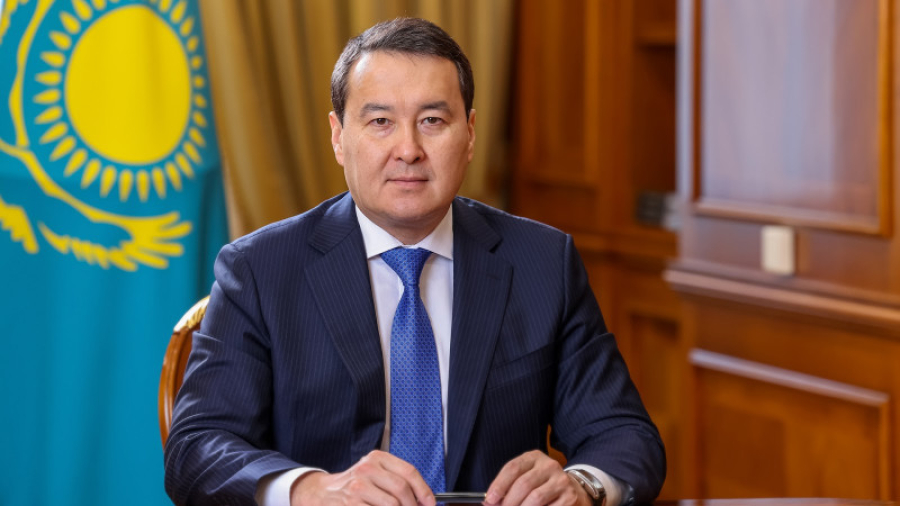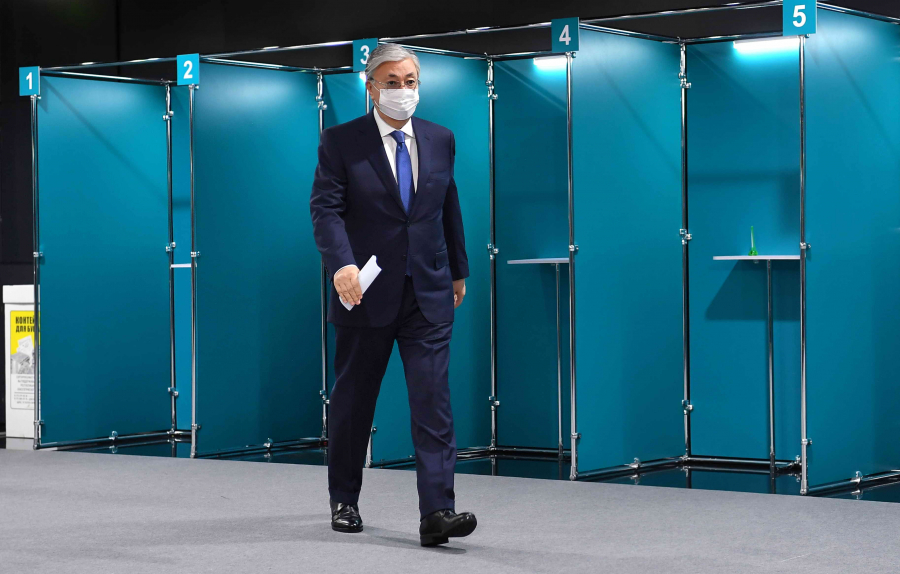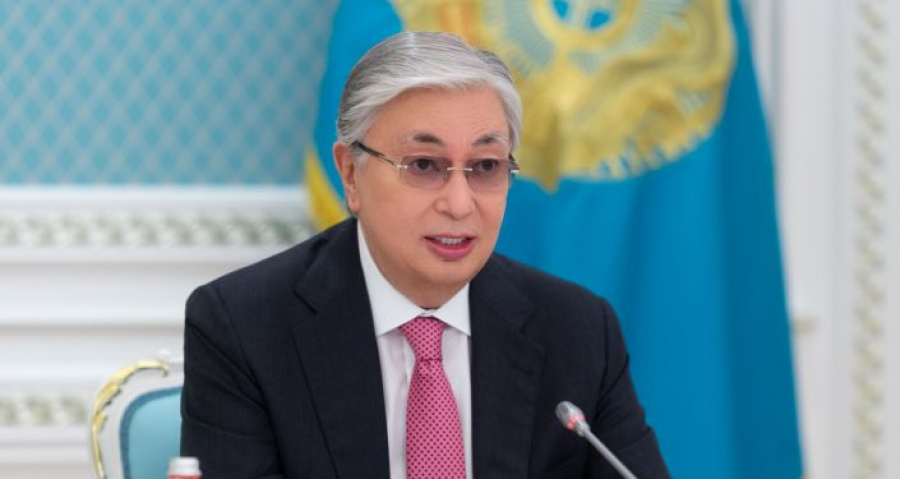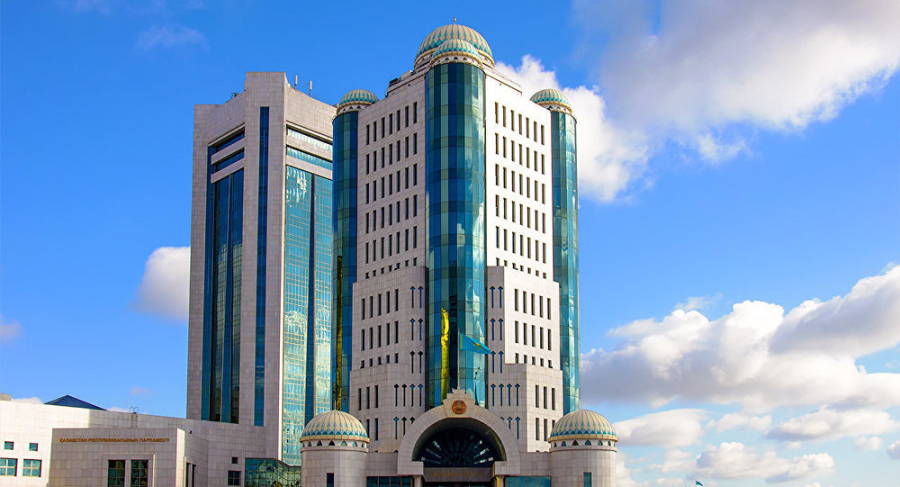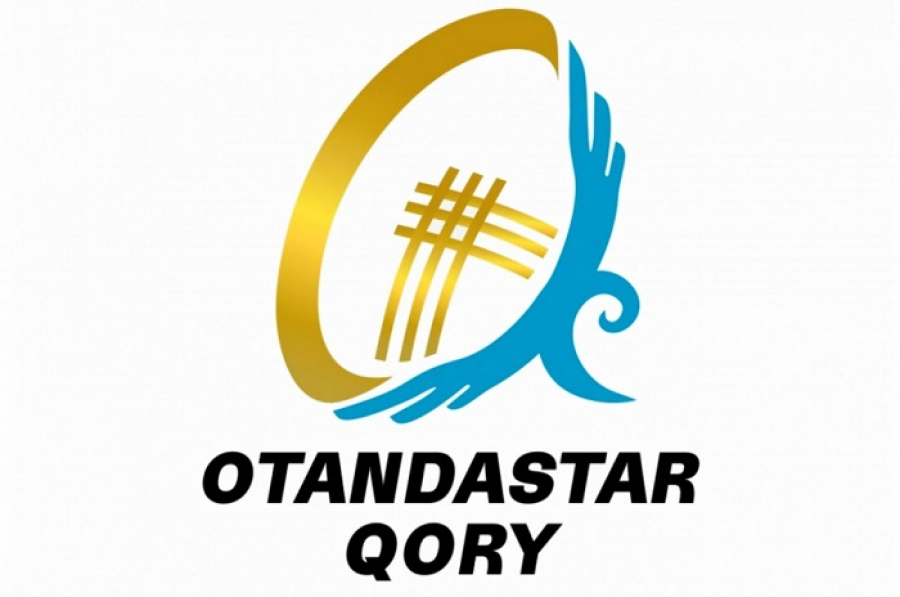
Today, Kazakhstan has established a new model
of state-political system with an optimal balance between all branches of
government. The country now has a
Constitutional Court and political parties that enjoy public trust. A
significant step was the introduction of a seven-year presidential term without
the right to re-election. The outcomes of three years of Kassym-Jomart Tokayev’s
reforms were discussed in the Mazhilis, the Lower House of the Kazakh
Parliament. According to Mazhilis
Speaker Yerlan Koshanov, these reforms laid the foundation for a Just
Kazakhstan. He also emphasized that as part of these reforms, the country’s fundamental
law was amended by one-third, and the electoral system was transitioned to a
mixed format, combining party lists and single-mandate constituencies.
Kazakhstan has also achieved significant success on the international stage,
establishing itself as a ‘middle power’ and a center for global dialogue. One
notable achievement is the establishment of the UN Regional Center on SDGs for
Central Asia and Afghanistan in Almaty.
«It is worth noting
that the authoritative German scientific and analytical center in Europe, the
‘Foundation for Science and Politics’ (SWP), has included Kazakhstan in the
list of middle powers, recognizing the country as a key player in the region. All
of this is a crucial outcome of the Head of State’s focused efforts on the
international stage. Now, our task is to convey to the global community the
country’s mission as a mature state with its own national interests,
civilizational code, and the significance of its culture and history,» noted Yerlan
Koshanov, Chairman of the Mazhilis, the Lower House of the Kazakh Parliament.
The Mazhilis members
adopted a resolution supporting the President’s course and called on Kazakh
citizens to unite for the main goal – building a Just Kazakhstan.
«Our political
reforms, implemented through several packages and approaches, represent a
crucial step in the development of society and the formation of a culture of dialogue.
These new forms of interaction enable us to speak about new formats of cooperation
in the economy, on the international stage, and across all other spheres,» said
Yuliya Kuchinskaya, a member of the Mazhilis, the Lower House of the Kazakh
Parliament.



